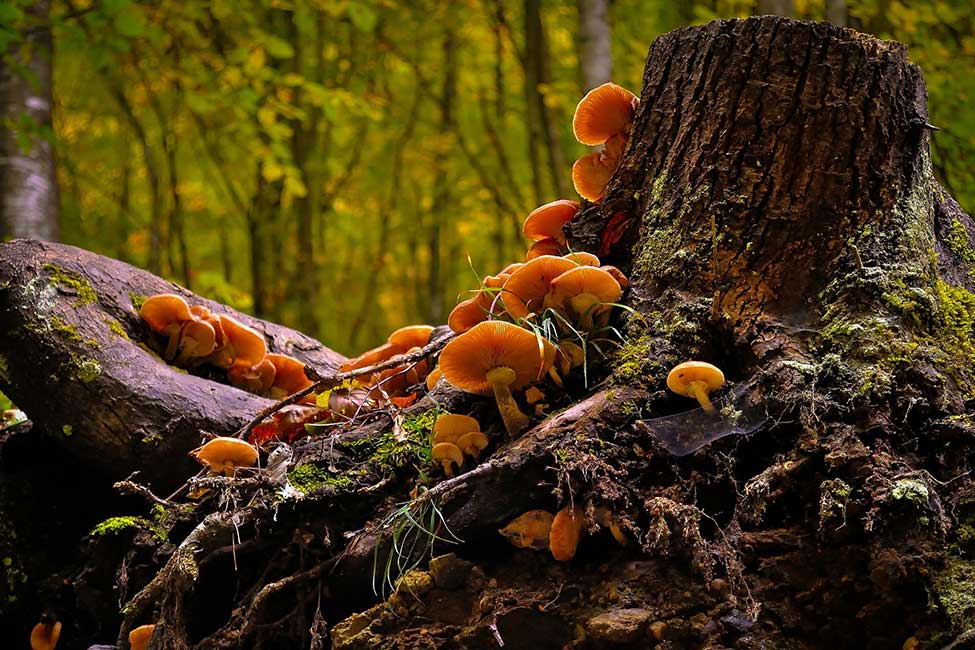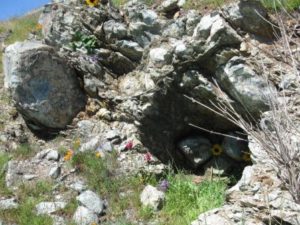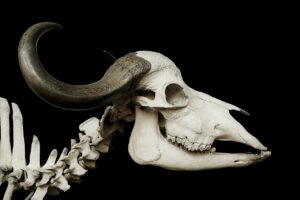Animism is Relational
Animism is simply an approach to life that emphasizes relationships. While the term can have historical baggage from white, Western academics who misunderstood and judged Indigenous cultures, many are reclaiming it in helpful ways. As articulated in Graham Harvey’s seminal 2005 work Animism: Respecting the Living World, animists see the world as full of people – both human and other-than-human – and prioritize living in conscious and respectful ways with others. These others include: animals, plants, mountains, metals, fire, bodies of water, spirits of wind and weather, deities, ancestors, star people, nature spirits, and so many others.
The wider your field of meaningful relationships, the more you fit the description of an animist. If you look down on people from other backgrounds and see nature as a resource for humans to exploit, you’re not especially animist as your relational sphere doesn’t extend beyond living humans who are like you. If you appreciate humans of all sorts, connect with companion animals, and acknowledge many wild kin as intelligent and worthy of respect, then you’re more animist. If you also deeply bond with other forms of life and dialogue with plants, animals, and other unseen forces, then you’re more animist yet.
Social toxins such as sexism and white supremacy hinge upon seeing other-than-male and other-than-white people as less than full persons, less worthy of respect. To mend these and other intra-species troubles we need both policies that enact equality and justice as well as healing for the confused, supremacy-based perceptions that give rise to bad behavior.
Many humans devalue and objectify our other-than-human kin in similar ways. Global ecological crises are evidence of the tendency, especially among modern industrialized nations, to see the rest of the natural world only in terms of human desires. When we see things rather than people, resources rather than relatives, we are no longer accountable to the rest of life. Conversely, when we view animals, plants, and others as extended family, we are more likely to relate with them in ethical ways.
Even for animists who relate in potent and joyful ways with nature spirits, ancient ancestors, and strange old gods – our most important relationships are often with other living humans. As anyone striving to be an emotional grown-up can attest to, these relationships tend to bring the greatest challenge and potential for nourishment.
Honoring sacred differences with respect to each person’s path of destiny, giving reverence to the spirit forces that surround your beloved human folk, finding shared forms of reverence and praise, and making sure to draw on community support while also nurturing your close individual connections; these are all examples of applying animist values in human relationships.
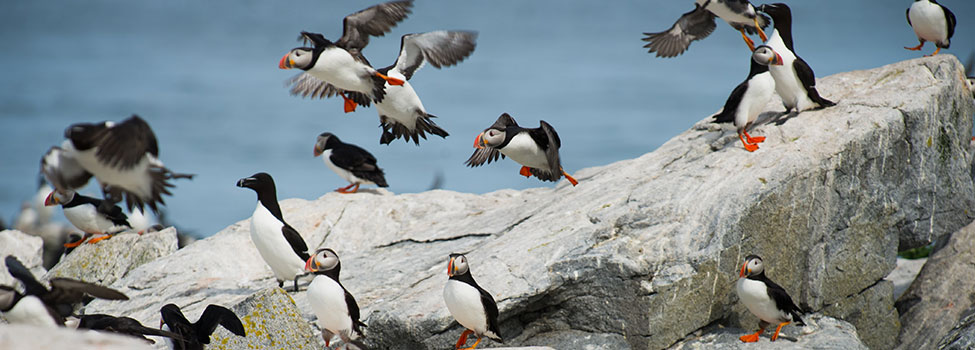
Animism is Earth-Honoring
Many Indigenous peoples tend to be animists, though it’s difficult to generalize in any way about the world’s 350 million or so Indigenous peoples. There are also many hundreds of millions of humans who are not Indigenous but who view the world in deeply relational ways. People who identify with revival forms of “shamanism” and “shamanic practice” often look to Indigenous traditions for inspiration and align to varying degrees with animist values. Modern Pagans draw inspiration from earlier European and Mediterranean cultures and often align with animist values. Traditional African religions, essential elements of Buddhist traditions, and important elements of Judaism, Christianity, and Islam all in their own ways could be characterized as animist. Animism is not a religion per se, and many if not most self-described religious people are at least a bit animist based on how they relate with our other-than-human kin.
Most people who could be described as animists have no need for an academic term to describe their worldview. Animism and Earth-honoring values are learnable (folks of any age or background can learn to inhabit more relational ways), nourishing for our spirits, supportive of systemic change, and an essential part of our humanity.
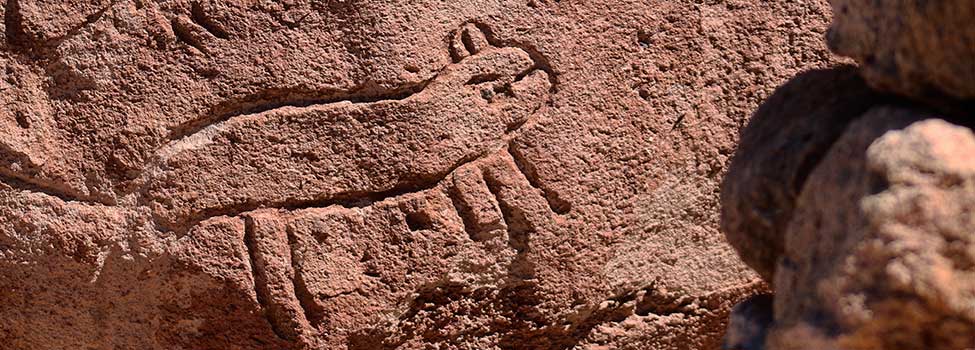
Animism Surfaces Ancient Wisdom
A common way folks extend their relational fields is by honoring their family and cultural ancestors. Nearly every culture on Earth has some form of ancestor reverence, and we can learn to relate in direct and nourishing ways with our family ancestors. This also supports us in relating well with people whose ancestral origin places are different from ours.
We all have ancestors who lived as Earth-honoring people during their time on Earth, even if it’s been a thousand years or more along any given lineage. By coming into relationship with our wise and loving ancestors, we access tremendous vitality and support for honoring and fulfilling our potential on Earth. Our more ancient ancestors were, by necessity, ecologically literate people who maintained conscious dialogues with the animals, plants, rivers, weather, and other forces upon whom their lives depended.
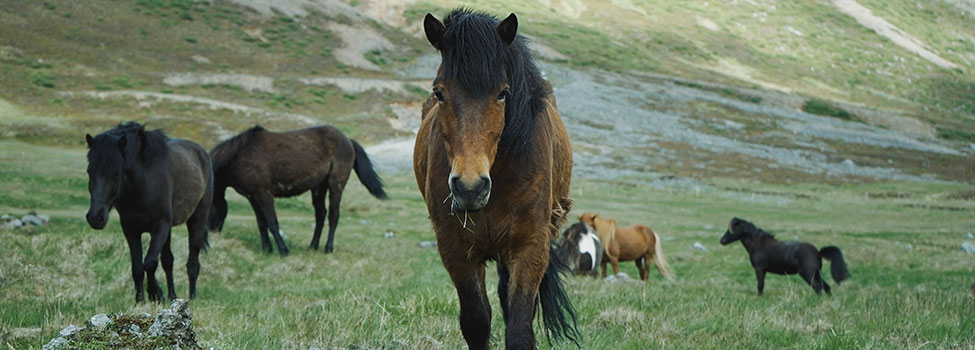
Animism Supports Healing
One strength of animist perspectives and practices is respect for working with many types of relationships. Just as there are many different sacred and necessary forces in the world around us, there are also many beautiful and diverse kinds of people. Practically speaking, this means that not everyone needs the same thing, not everyone has the same sacred role in community, and no single approach is right for everyone.
This also means that individual healing calls for folks to be appreciated in light of their unique destinies and specific soul-level gifts and challenges. Kind and accurate acknowledgment of our own and others’ uniqueness reduces suffering. It is also a foundation for solid spiritual mentorship. Effective human-to-human care considers not only the degree of alignment with personal destiny and the influence of important human relationships but also of family ancestors, local Earth energies, and other unseen forces. These relational values can inform mentorship, community ritual, and any type of healing work.

